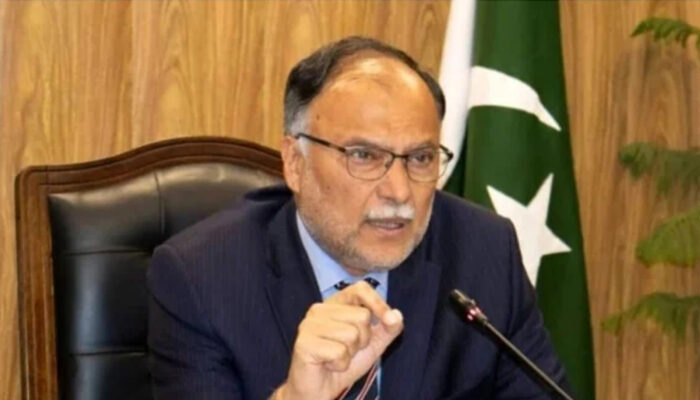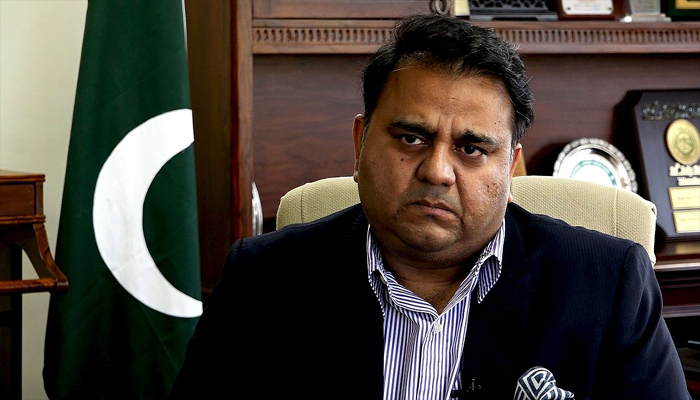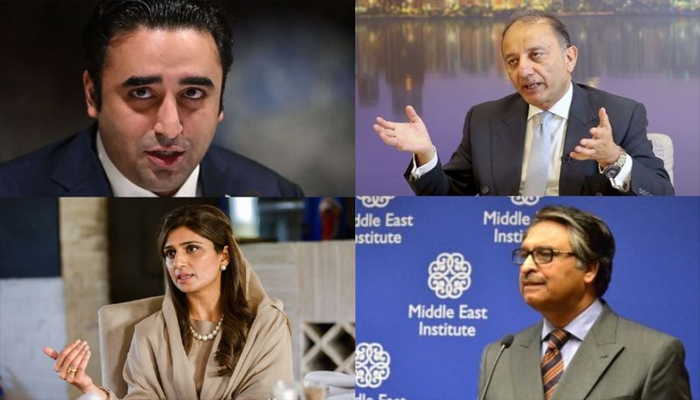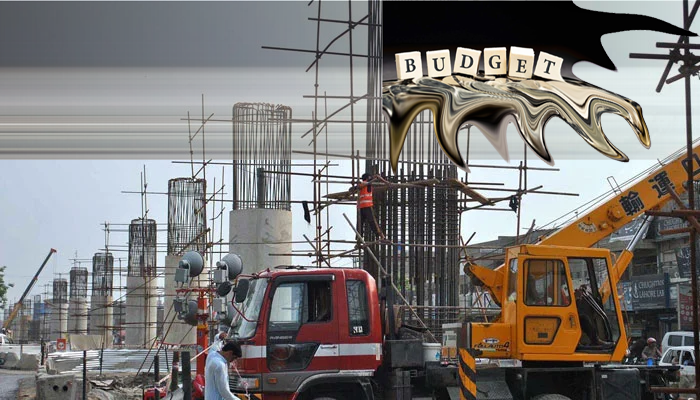ISLAMABAD: Federal Minister for Planning, Development, and Special Initiatives, Ahsan Iqbal, disclosed on Monday that over half of Pakistan’s national budget is being spent on debt repayments, forcing the government to discontinue more than 118 unnecessary or low-priority development projects.
Addressing the Annual Plan Coordination Committee (APCC) meeting, chaired by him and attended by key federal ministers, secretaries, State Bank representatives, and provincial officials, Ahsan Iqbal highlighted the severe constraints on the development budget due to mounting economic challenges.
He noted that the current development budget stands at Rs1 trillion, which is insufficient to accommodate the demands from all ministries, leading to the tough decision to terminate projects that are inactive or less critical.
“The continuous decline in the development budget has become a major hurdle,” he said, adding, “Our citizens expect better health, education, infrastructure, and utilities, but funding these areas requires expanding development funds.”
Ahsan Iqbal emphasized that managing the development budget amid these fiscal pressures remains extremely difficult, as debt servicing consumes a large chunk of national revenue. He stressed the need for a national campaign to curb tax evasion and broaden the tax base, pointing out Pakistan’s low tax-to-GDP ratio as a major concern.
Despite budgetary constraints, the minister assured that key national projects such as the Diamer-Bhasha Dam, Sukkur-Hyderabad Motorway, Chaman Road, and Phase II of the Karakoram Highway remain priorities under the Public Sector Development Programme (PSDP), especially foreign-funded initiatives.
He also spoke about the “Uraan Pakistan” program, under which workshops are being held nationwide to promote national unity and cohesion.
Ahsan Iqbal acknowledged the tough reality faced by the government compared to 2018, noting that previously the focus was on launching new projects, but today the emphasis is on rationalizing and prioritizing ongoing ones.
“Everyone must take responsibility for national development. If some projects are left out, we apologize in advance,” he concluded.









